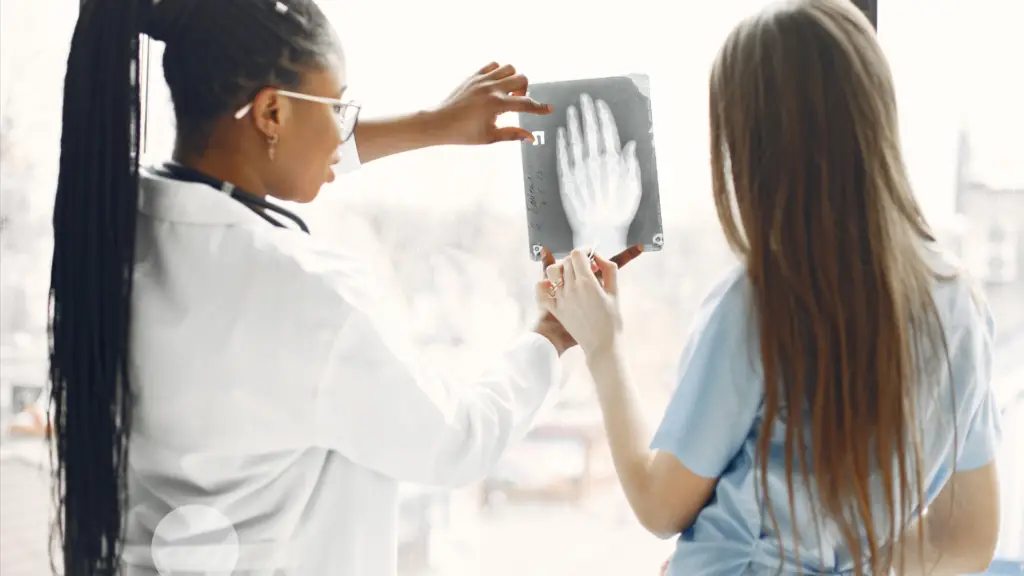The question of which is more challenging – Radiology and Nursing school difficulty – is a topic. It often sparks interest among students in the healthcare field.
While both offer rewarding career paths, they each have unique aspects that can make one appear more challenging than the other. Moreover, it depends on individual perspectives.
This blog post delves into a comparative analysis of the two fields of study.
Comparing Radiology and Nursing School Difficulty
Radiology School: An Intensive Curriculum?
Radiology school is widely recognized for its intensive curriculum that covers a wide range of subjects. These subjects range from anatomy and physiology to radiographic physics.
The breadth and depth of these subjects demand a solid grasp of science, math, and technical skills.
Moreover, the hands-on component, which involves operating sophisticated radiologic equipment and interpreting images, adds another layer of complexity.
Nursing School: A Rigorous Study?
Nursing school, however, requires a broad understanding of many medical fields and a mastery of patient care.
While it also involves learning about human anatomy and physiology, nursing programs focus more on topics. For Example pharmacology, pathology, and the principles of patient management.
This field of study tests intellectual capacity, emotional resilience, and communication skills, owing to the patient-facing nature of nursing.
A Matter of Perspective
The perceived difficulty of each program is largely subjective, often depending on a person’s academic strengths, learning styles, and personal interests.
Some individuals might find the technical aspects of radiology more challenging, while others may struggle with the broad medical knowledge and interpersonal skills required in nursing.
The Demands of Clinical Hours
Another factor to consider is the quantity and intensity of clinical hours required for each program.
Radiology programs, for instance, may require students to complete more hours in clinical placements than nursing programs.
However, the nature of these clinical hours can differ significantly, with nursing students likely facing more direct patient care and high-pressure situations.
An Expert Perspective
Many experts suggest that the intensity of different subjects varies between the two fields.
For instance, Radiology may put more emphasis on anatomy and physics, while Nursing may require a deeper understanding of patient care and pharmacology.
The difficulty level can depend on a person’s aptitude and previous education in these subjects.

Conclusion
In conclusion, the perceived difficulty of a Radiology and Nursing school is subjective and can vary based on personal experience, academic strengths, and the specific demands of each program.
Regardless of the path chosen, both Radiology and Nursing school require dedication, commitment, and a love for learning.
They both offer rewarding career paths in the healthcare industry, each with unique challenges and rewards.
